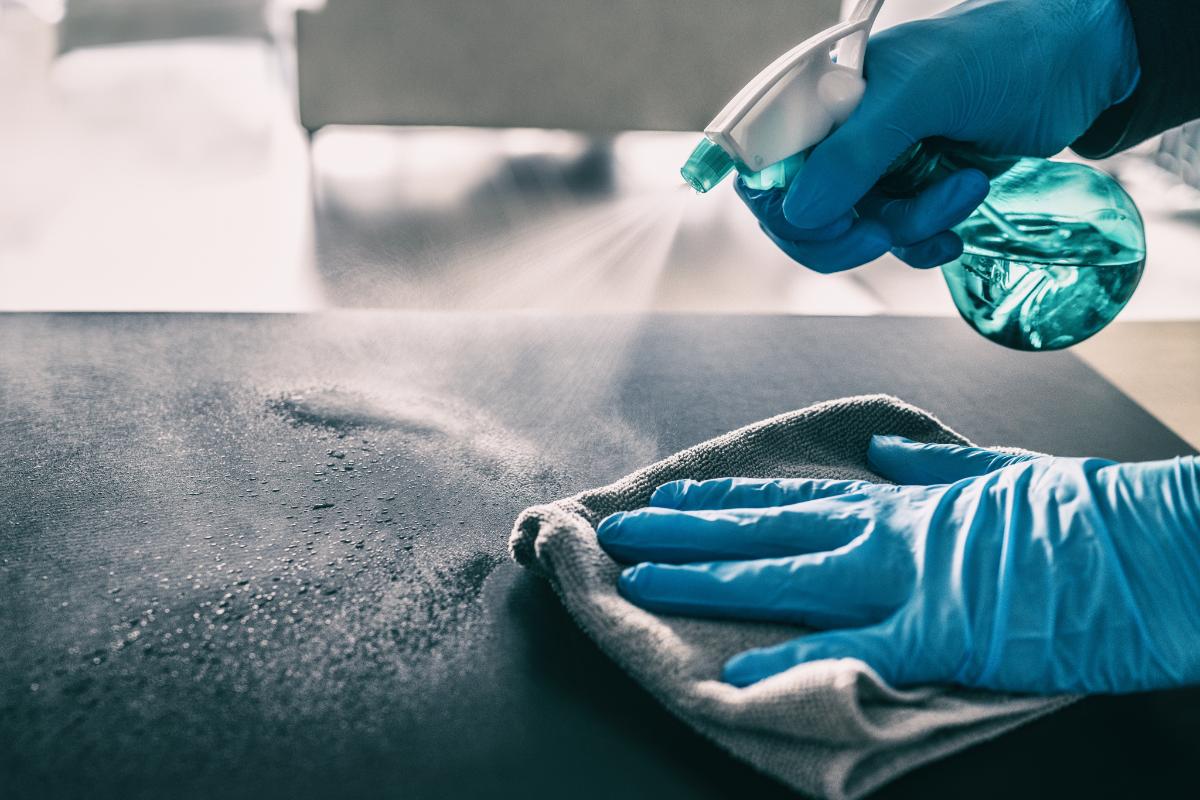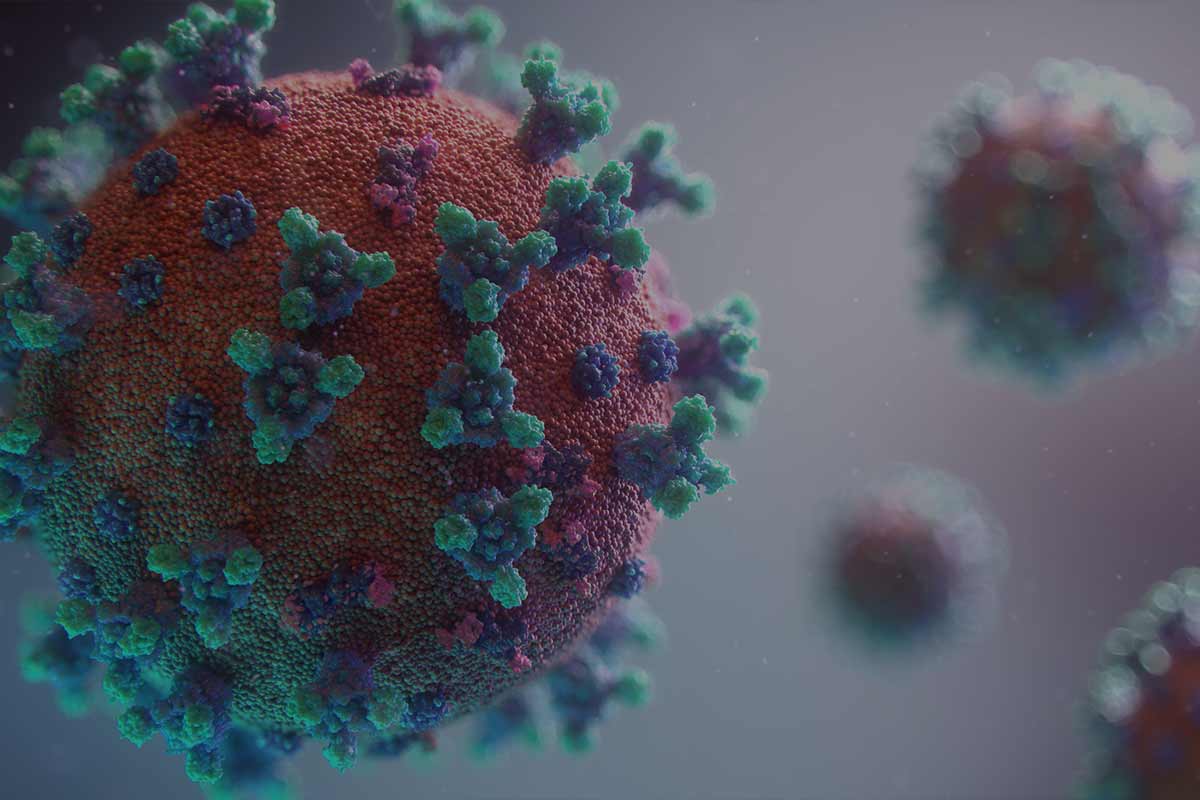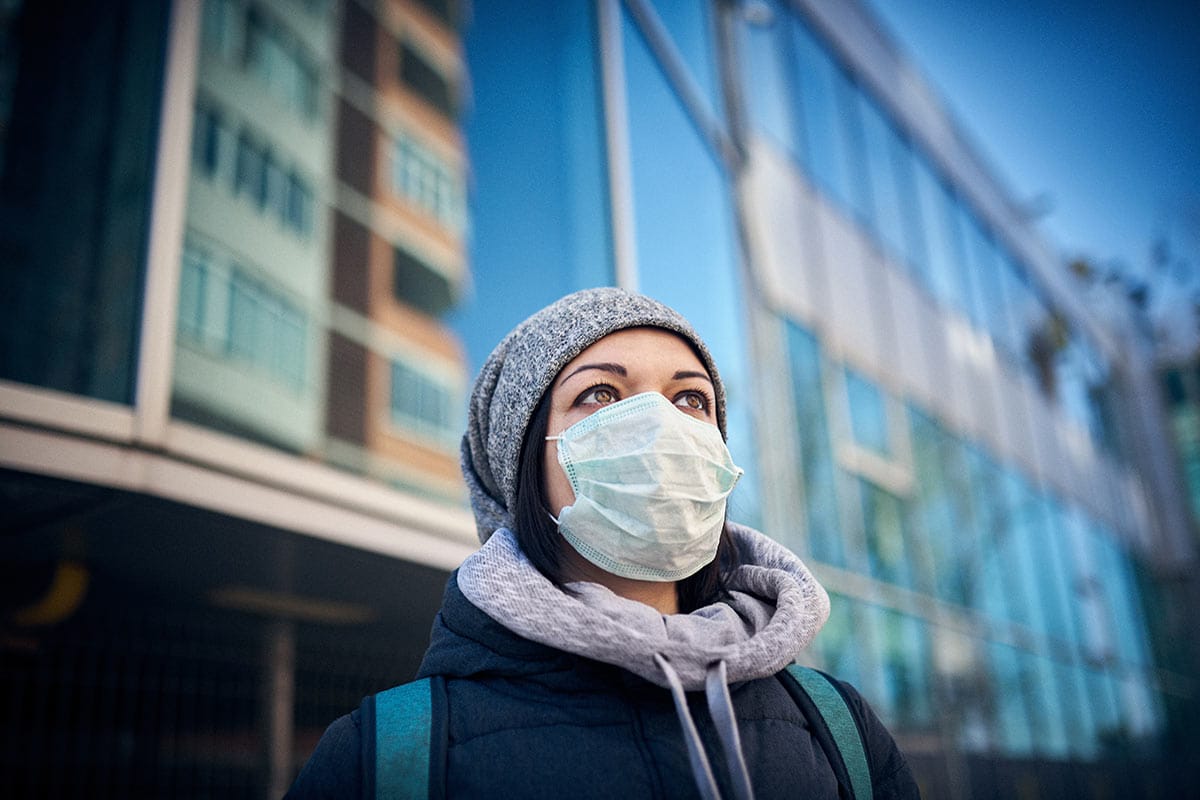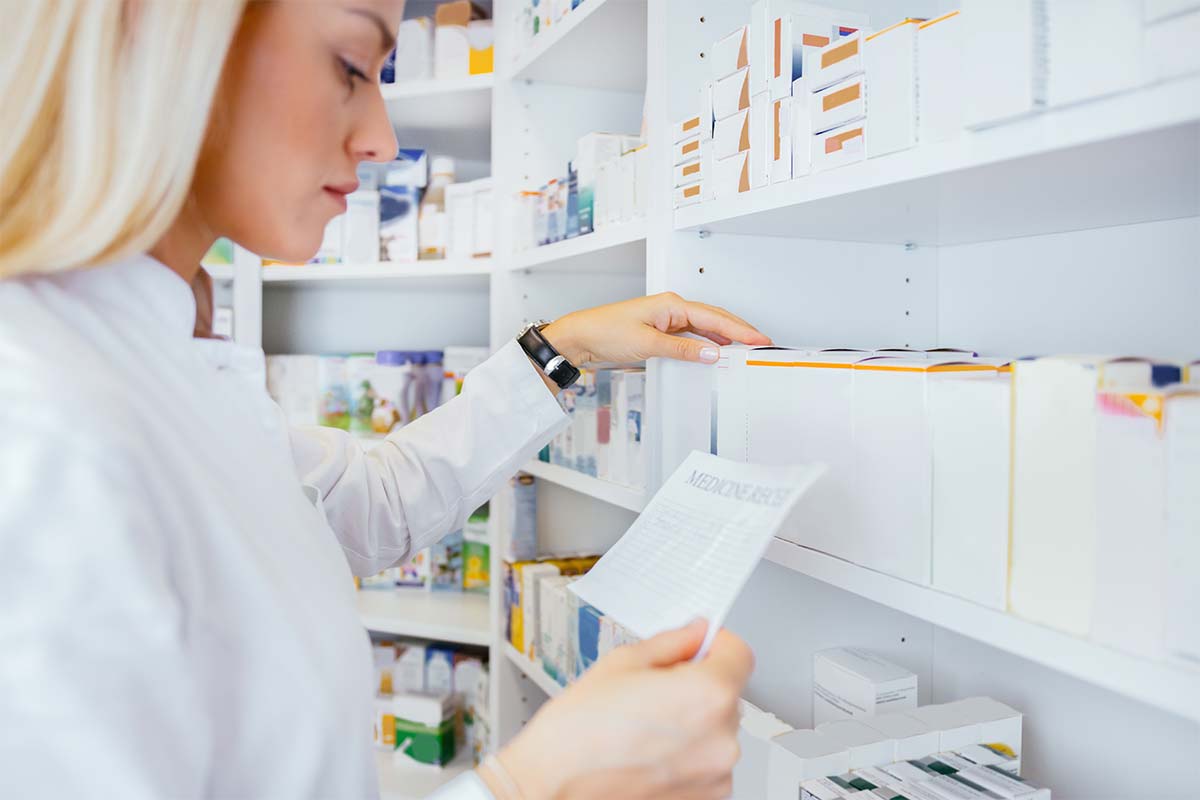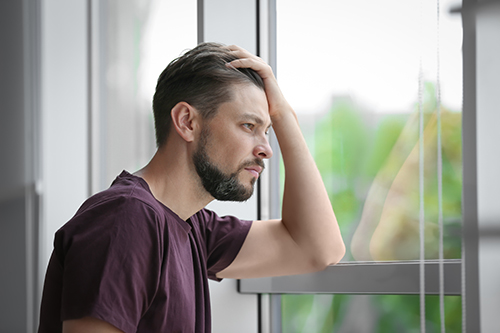

By: Lakeview Health
We began hearing about the COVID-19 pandemic during the first few months of 2020. As the virus quickly spread around the world, it became the top news article in the nation. And while the Covid-19 virus has caused real suffering around the globe and across America, it’s important to remember another sweeping disaster that came before and that is still around — the opioid epidemic.
The opioid epidemic is still meaningful for the friends and family members of those whose lives it claimed. Additionally, it’s still just as real a threat in 2020 as the COVID-19 pandemic. People are still dying in America from opioid complications, and medical intervention is still necessary to stop the spread.
Epidemic Versus Pandemic: What’s the Difference?
With so much in the news circling the coronavirus, it can be hard to focus on anything else. It can also be difficult to determine the differences between the two issues. An epidemic, like the opioid crisis, is typically defined as something that affects many individuals at one time and in one area. An epidemic can occur in an area as small as a town and as big as the country or numerous states in one area.
A pandemic is when a disease affects many people but covers a larger area. This is when it spreads to multiple continents or across the globe.
While a pandemic is serious, it doesn’t take away the seriousness of an issue taking place at a smaller scale. In fact, the pandemic is making those caught within the opioid epidemic struggle.
What Caused the Opioid Epidemic?
Opioid drugs are highly habit-forming. Physicians have known this for a while, and pharmaceutical companies for even longer. Most physicians today prescribe opioid pain relievers only as a last resort after all other options have been exhausted. A common exception to this rule is prescribing opioids to terminally ill patients who suffer from a painful, chronic disease such as cancer. But it wasn’t always this way.
Opioids first became popular in the 1990s, when drug companies provided them to physicians without proper warning of their highly habit-forming nature. This is how many clients who suffer from opioid disorder became compromised. These powerful painkillers were doled out for minor aches and pains and for long-term care — two ways in which opioids should never be used.
Today, we understand these drugs better, and we know they should only be prescribed short-term, usually 10 days or fewer, and only for severe pain. Sadly, millions of Americans already struggle with opioid use disorder, however, and need an opioid addiction treatment program nearby.
What’s the Appeal of Opioid Drugs?
Because they change the chemistry inside your brain, opioids do more than just relieve severe pain. In the process, they make you feel euphoric, too. Opioids are the original happy pill because they make you feel good in more ways than one, including:
- Opioids depress your body’s respiratory system, making you feel calm and happily relaxed.
- These drugs change the signals your nerves send to your brain. This can alleviate pain and reduce anxiety.
- Opioids make you feel pleasantly drowsy, pushing worries away for short periods of time.
How Do Opioids Kill?
From the first time you take an opioid drug, you may become hooked on the euphoria and the cozy, warm feelings they cause. Over time, however, your body forms a tolerance to these drugs, and you have to take stronger and stronger doses to feel that same way again. Sadly, if you accidentally take too much, your heart stops beating for good.
But even if you don’t overdose, drugs like these cause organ damage if they’re abused over long periods of time. It’s not only your heart that can fail, it’s your liver and kidneys, too.
Treatment for Opioid Addiction at Lakeview Health
If you have a problem with prescription opioid drugs or with their street-drug counterparts such as heroin or fentanyl, Lakeview Health can help. Lakeview Health offers drug and alcohol addiction treatment in Jacksonville, Florida. Through gender-specific programs, clients learn how to leave opioids and other chemical substances behind for good.
When you’re ready to reach out for guidance with a substance use disorder involving opioid drugs, contact Lakeview Health at [Direct]. The opioid epidemic is every bit as real as the COVID-19 pandemic, and as such, it requires medical treatment. Pick up the phone and ask for help today.

